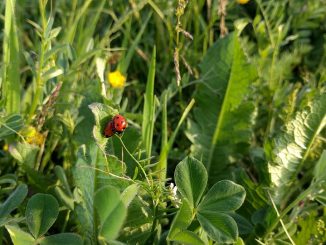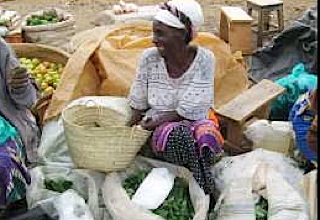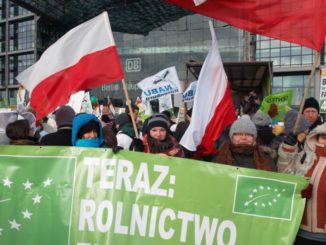 Fancy some added chlorine, growth promoting hormones, animal byproducts and some extra GM feed? Well, if TTIP – the Transatlantic Trade and Investment Partnership – goes according to the plans of agri-business, that’s what’s on your menu.
Fancy some added chlorine, growth promoting hormones, animal byproducts and some extra GM feed? Well, if TTIP – the Transatlantic Trade and Investment Partnership – goes according to the plans of agri-business, that’s what’s on your menu.
The Institute for Agriculture and Trade Policy (IATP) “10 reasons why TTIP is bad for good food and farming” examines the potential impacts of TTIP on food and farming.
So what’s at stake for good food and farming in the Transatlantic Trade and Investment Partnership? “It is important that people on both sides of the Atlantic understand what is at stake for good food and farming, what we potentially lose from this trade agreement as the negotiations progress” Shefali Sharma of IATP told ARC2020.
Current negotiations on this free trade agreement aim to ‘harmonize’ standards and regulations in the EU and US. This harmonization of standards and regulation, “regulatory coherence” in TTIP speak, threatens progress made on creating more sustainable, healthy food systems both in Europe and the USA. Agribusiness on both sides of the Atlantic are pushing for change in current regulations that hinder their profits at the expense of food safety, public health, farmers, consumers and animal welfare.
10 reasons why TTIP is bad for food and farming
- REASON 1
The U.S. meat industry wants the EU to begin treating its meat with chemicals to eliminate harmful bacteria: chlorine for poultry, other organic acids for meats such as pork.
- REASON 2
The U.S. meat industry wants the EU to remove the ban on the use of antibiotics as growth promoters.
- REASON 3
The U.S. meat industry wants the EU to remove its ban on ractopamine—a failed asthma drug that serves as a growth promoting hormone in animals (banned in 160 countries).
- REASON 4
The U.S. grain industry would like to see faster approvals of new genetically modified (GM) seed varieties used for feed in the EU.
- REASON 5
U.S. meat and grain industries want the EU to remove restrictions on animal byproducts in feed and pet food.
- REASON 6
EU is considering restrictions on meat and dairy products from offspring of cloned animals; the U.S. meat and dairy industries want no such restrictions.
- REASON 7
The U.S. meat and dairy industries want to weaken provisions for animal welfare in the EU.
- REASON 8
The U.S. meat industry wants to remove European duties on artificially cheap pork products, frozen poultry parts and dairy.
- REASON 9
U.S. agribusiness would like to use TTIP to undermine the EU’s “precautionary principle,” which reinforces stronger food safety standards, when it comes to, for example, the approval of pesticides. Paraquat, common in the US and elsewhere, failed the regulatory process in the EU. Having been approved for a short few years, it was banned in 2008.
- REASON 10
Agribusiness and some members of Congress are pushing for enforcement of food safety rules in TTIP that go beyond WTO rules.
More:
All ARC2020 posts on TTIP here
Full version of IATP’s Why TTIP is bad for good food and farming





